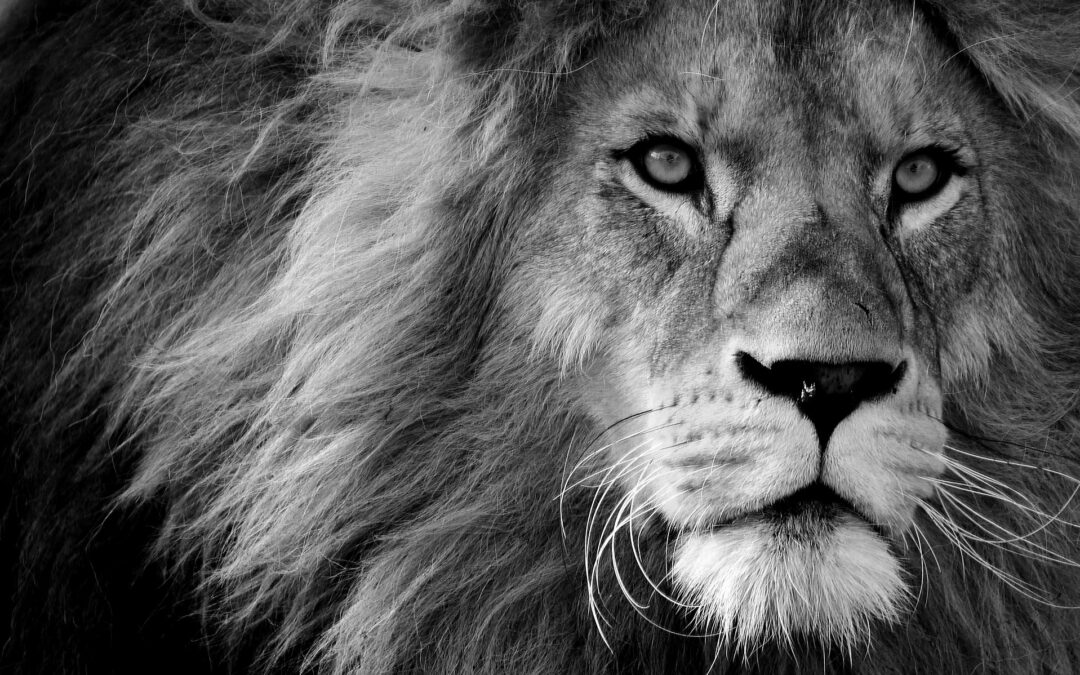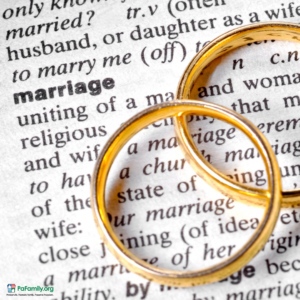At the Pennsylvania Family Institute, we are committed to fostering strong families and communities rooted in timeless values. This is why we’re excited to share insights from an article by Andrew Warthen, a former intern, graduate of Franciscan University of Steubenville, and a passionate advocate for life, faith, and family.
In his compelling article, “Meek is Masculine,” published by New Guard Press, former Pennsylvania Family Institute intern Andrew Warthen tackles a critical issue: the modern crisis of masculinity and the call for men to embrace the often-misunderstood virtue of meekness. Here, we explore and share the heart of his insightful argument, highlighting key excerpts that align with our mission to strengthen families through principled, Christ-centered leadership.
These masculine traits that can be used for evil purposes are the same traits that push men to build civilization, produce large families, provide for those they love, and serve their wives.
Andrew Warthen
Andrew begins his article by diagnosing a cultural problem: many young men today grow up without strong male role models, leaving them vulnerable to conflicting messages about masculinity. On one hand, society often portrays masculinity as inherently toxic, suggesting men must suppress their nature to be “good.” On the other hand, influencers like Justin Waller and the Tate brothers promote an “alpha male” ideology centered on dominance, ambition, and conquest. Andrew argues both extremes miss the mark, lacking the critical virtue of meekness.
Meekness, Andrew argues, is not weakness but the disciplined mastery of strength. Drawing from the Gospel of Matthew, he points to Christ, who described Himself as “meek and humble of heart,” yet was the most powerful being to walk the Earth. Similarly, Andrew references C.S. Lewis’s Aslan in The Lion, the Witch, and the Wardrobe, noting Mr. Beaver’s words: “Safe? … Who said anything about safe? ‘Course he isn’t safe. But he is good.” This encapsulates the essence of authentic masculinity—a man who is not “safe” in the sense of being tame but is good because his strength is tempered by humility and self-control.
Andrew acknowledges that masculine traits like physical strength, competitiveness, and sexual drive can be misused, leading to harm if left unchecked. However, he rejects the idea of suppressing these traits, as some feminist critics suggest. Instead, he calls for their refinement through meekness, which enables men to channel their energy into building civilization, protecting families, and serving others. He uses a stark metaphor: “Masculine nature can be likened to a fire: If a fire is out of control, it causes destruction. Conversely, when a fire is too weak, people are left hungry and cold in the dark. But when a fire is controlled, it provides light, warmth, and safety.”
The article emphasizes that authentic masculinity is defined by strength of character, a protective heart, respect for women, and a posture of service. Andrew shares a poignant story of a father advising his daughter to seek a husband who can fast, explaining, “A man who can fast is a man who has the capability to deny himself.” This self-denial, rooted in meekness, is what makes a man capable of loving and providing for his family.
For families, this message is vital. Strong, meek men are essential to building thriving households and communities. Andrew’s call to model masculinity after Christ challenges men to strive for balance in a culture that often pulls them toward extremes. He concludes with an important charge: “The world doesn’t need less masculinity — it needs more men who are strong enough to be meek.”
We encourage you to read Andrew’s full article and pass it on.
As we approach this Father’s Day, Andrew provides a valuable reminder of the importance of raising and supporting men who embody this Christ-like balance of strength and humility.
At the Pennsylvania Family Institute, we celebrate voices like Andrew’s and invite you to join us in fostering a culture where authentic masculinity strengthens families and society.




